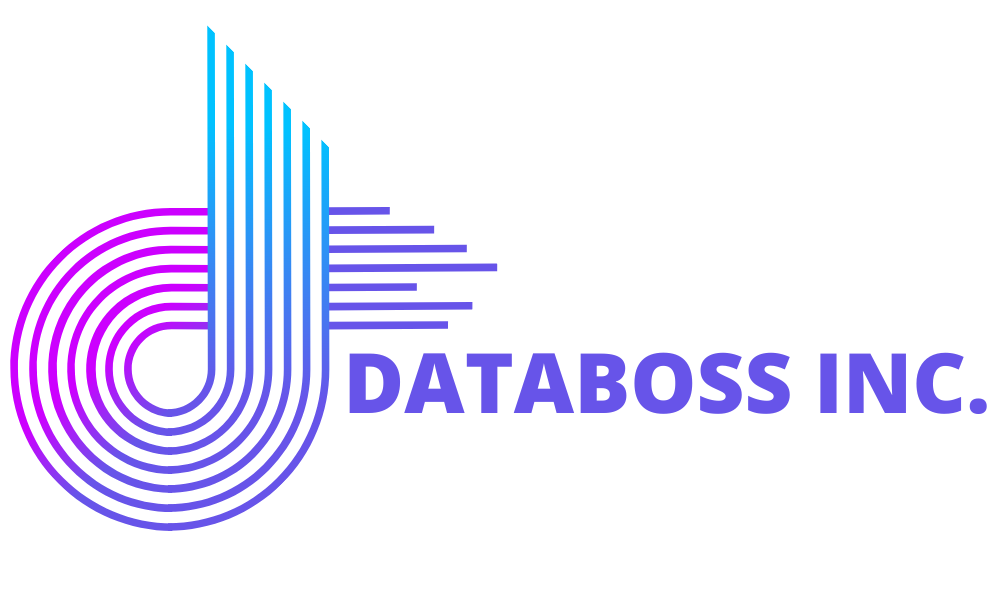Get your company to the right investors
A private placement offering (PPO) is a way for a company to raise capital by selling securities to a select group of investors. PPOs are an alternative to an initial public offering (IPO).
- Unleashing Your Business's Potential
- Connecting Businesses with Global Investors
Private Placements, Public Triumph
Your Gateway to the World of Public Trading
Relation management plays vital role for the IPO

Elevate Your Capital Strategy:
PPOs can be an important source of capital for companies that are looking to grow or expand. They can also be a way for companies to gain access to a new pool of investors. Its benefits, including:
- Greater flexibility: PPOs are not subject to the same regulatory requirements as IPOs, which gives companies more flexibility in how they structure their offerings.
- Faster process: PPOs can be completed more quickly than IPOs, which can be a major advantage for companies that need to raise capital quickly.
- Lower costs: PPOs are typically less expensive than IPOs, which can save companies money.
The smart way to invest:
A company that wants to conduct a PPO will first need to file a private placement memorandum (PPM) with the Securities and Exchange Commission (SEC). The PPM will provide investors with information about the company, its financials, and the offering. Once the PPM is filed, the company can begin to market the offering to potential investors.

More control, less cost
Power the business with selective Investors
Relation management plays vital role for the IPO
Raise capital from qualified investors:
PPOs can only be sold to accredited investors, which are individuals or institutions with a high net worth or income.Less scrutiny from the SEC:
PPOs are subject to less regulatory burden than IPOs. This can make them a more attractive option for businesses that are not yet ready for the full scrutiny of an IPO
Protect your financial information:
PPOs are conducted in private, which can help to protect the confidentiality of the company’s financial information.Raise capital quickly, Affordable option:
PPOs can be completed more quickly than IPOs. This can be an important factor for businesses that need to raise capital quickly. PPOs can be less expensive than IPOs. This is because there is less regulatory scrutiny and there is no need to hire an investment bank to underwrite the offering.“Working with Databoss was a game-changer for our company’s IPO. Their deep understanding of the market. Thanks to their guidance, we confidently navigated the complexities and achieved a highly successful public offering.”
Edward Kennedy

Client reviews
INSIGHTS
In-Depth Insights for Your Journey
20+
100%
Success rate
$500M+
FAQ
Get in on the ground floor of the next big thing
Only accredited investors can participate in a private placement offering. Accredited investors are individuals or institutions with high net worth or income. The SEC defines accredited investors as:
- Individuals with a net worth of at least $1 million, excluding the value of their primary residence.
- Individuals with income of at least $200,000 in each of the two most recent years, or $300,000 together with their spouse, and a reasonable expectation of the same income level in the current year.
- Corporations, partnerships, and other entities with assets of at least $5 million.
There are several benefits to a private placement offering, including:
- Speed: PPOs can be completed more quickly than traditional IPOs.
- Flexibility: PPOs can be structured in a variety of ways to meet the specific needs of the issuer.
- Confidentiality: PPOs can be conducted in a confidential manner, which can be important for companies that are not yet ready for public scrutiny.
There are also some risks associated with PPOs, including:
- Lack of liquidity: PPOs are typically illiquid, which means that investors may have difficulty selling their shares.
- Lack of information: Investors in PPOs may not have access to as much information about the issuer as they would in a traditional IPO.
- Fraud: There is always the risk of fraud in any type of investment, and PPOs are no exception.
The SEC does not require PPOs to be registered with the SEC. However, there are certain requirements that issuers must meet in order to offer securities in a PPO. These requirements include:
- The issuer must file a Form D with the SEC.
- The issuer must provide investors with certain disclosures, including information about the issuer, the securities being offered, and the risks associated with the investment.
- The issuer must make sure that investors are accredited investors.
Some of the most common types of private placement offerings include:
- Debt offerings: Debt offerings involve the sale of debt securities, such as bonds or notes.
- Equity offerings: Equity offerings involve the sale of equity securities, such as shares of stock.
- SAFEs: SAFEs, or simple agreement for future equity, are a type of equity offering that is becoming increasingly popular. SAFEs give investors the right to purchase equity in the issuer at a future date, at a predetermined price.


